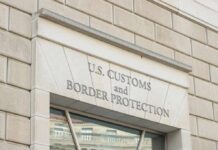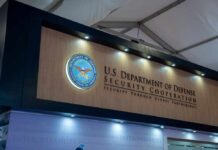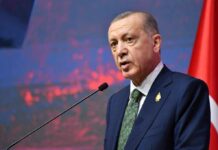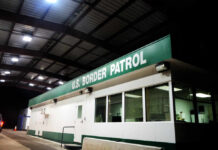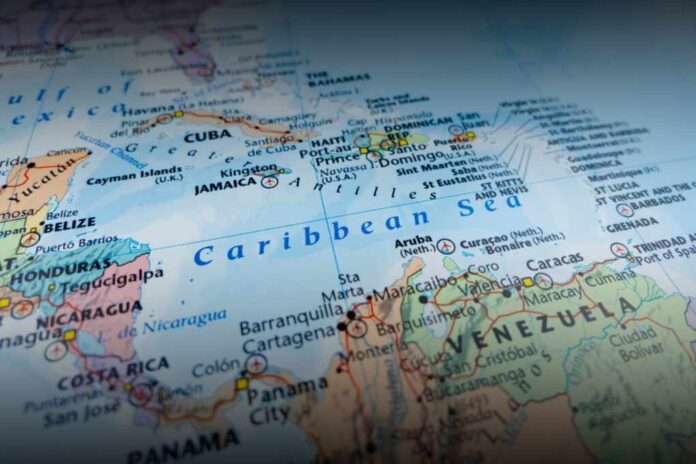
A classified memo authorizing military strikes against drug boats under the guise of chemical weapon threats has ignited a fierce debate over executive power and international law.
Story Highlights
- President Trump authorized strikes on drug boats, citing chemical weapon threats.
- Five strikes have been conducted, resulting in 27 deaths.
- The legal justification remains secret, prompting calls for transparency.
- Controversy arises over the unprecedented use of military force in this context.
Military Strikes Authorized Against Drug Boats
In a move stirring significant controversy, President Donald Trump has authorized military strikes against drug-smuggling boats in the Caribbean, citing a chemical weapon threat from drug cartels. The authorization comes from a classified memo issued by the Office of Legal Counsel (OLC) in July 2025. This memo frames cartels as “non-state armed groups” presenting an armed attack threat, thus justifying the use of lethal force. Since September 2025, at least five such strikes have led to 27 fatalities in international waters.
Watch: U.S. Secretary of War Hegseth announces 20th alleged drug boat strike
The memo’s secrecy has sparked heated debates over its legal rationale. While the administration defends the strikes as a national security necessity, rights groups and lawmakers demand the memo’s release. They question the validity of equating drug cartels with chemical weapon threats, fearing an erosion of legal norms and unchecked executive power. These actions mark a significant policy departure, with potential long-term implications for international law and civilian safety.
Secret United States Memo Authorizing Drug-Boat Strikes Cites Chemical Weapon Threat from Venezuela narcos https://t.co/oICrwUW3HN
— AVSEC Pro (@avsec_pro) November 14, 2025
Legal and Ethical Concerns
Attorney General Pam Bondi has refused to confirm the memo’s existence before Congress, though Charles Young, a nominee for U.S. Army General Counsel, acknowledged it during Senate testimony. Rights groups like the ACLU and the Center for Constitutional Rights have filed Freedom of Information Act (FOIA) requests to obtain the memo, challenging the administration’s legal justification for the strikes. They argue that these actions are unlawful, demanding transparency and accountability from the government.
The broader implications of this policy shift are profound. The use of military force against alleged drug traffickers in international waters under a chemical weapons pretext is unprecedented. Legal experts and international law scholars are concerned about the precedent this sets, suggesting it could lead to expanded military force in non-war contexts and increased risks to civilians.
Impact and Reactions
The strikes have prompted a strong reaction from various stakeholders. Rights groups condemn the actions as unlawful, while the administration frames them as essential for national security. Public reporting of the strikes continues to draw attention, with the secrecy surrounding the legal memo fueling further controversy. The U.S. military and intelligence agencies involved in executing the strikes face increased scrutiny, and there’s a growing call for checks and balances to prevent potential abuses of executive power.
As the debate intensifies, the impact on U.S. relations with Caribbean and Latin American nations could be substantial. The strikes threaten to strain diplomatic ties, while the potential disruption of maritime commerce poses economic challenges. Domestically, the controversy over executive authority and the rule of law continues to escalate, highlighting the need for transparency and adherence to international legal standards.


